Definition
noun, plural: proplastids
A small, colourless organelle that gives rise to a plastid (e.g. chloroplast, chromoplast, and leucoplast)
Supplement
A proplastid is an organelle found in the meristematic regions of the plant. It is colourless and small. It is from where plastids are derived. It is still undeveloped and may divide to produce more proplastids. As the cell containing proplastids mature, the proplastids transform and develop into plastids with specialized functions.
Plastids are organelles that come in different forms depending on their function. Plastids with chlorophyll (green pigment) are called chloroplasts. They give the plant parts the green colour. These plastids are involved in photosynthesis. Those that have other pigments are called chromoplasts. They are involved in producing and storing pigments, e.g. carotene, xanthophylls, etc. They abound in fruits, flowers, and roots. A plastid that lacks pigments is called leucoplast, and is involved mainly for storing food. A leucoplast may be an amyloplast that stores starch, an elaioplast that stores fat, or a proteinoplast that stores proteins. Tannosomes are also leucoplasts and are involved in the synthesis of tannins and polyphenols. Like mitochondria, plastids have their own DNA and ribosomes. Hence, they may be used in phylogenetic studies.
See also:
Dictionary > Proplastid
You will also like...

IQ, Creativity and Learning
Human intelligence provided the means to utilize abstract ideas and implement reasoning. This tutorial takes a further l..
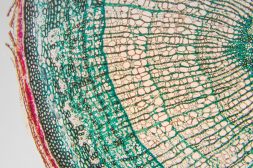
Plant Tissues
Plant organs are comprised of tissues working together for a common function. The different types of plant tissues are m..
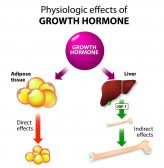
Animal Growth Hormones
Hormones are produced in the endocrine glands of animals. The pituitary gland and hypothalamus are the most impor..
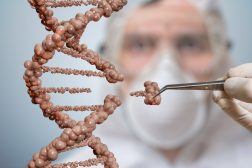
Genetic Engineering Advantages & Disadvantages
This tutorial presents the benefits and the possible adverse eventualities of genetic engineering. Know more about this ..
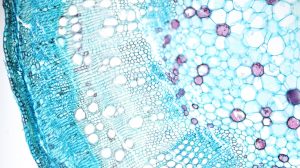
Cell Biology
The cell is defined as the fundamental, functional unit of life. Some organisms are comprised of only one cell whereas o..
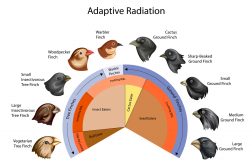
Adaptive Radiation
The diversification of several new species from a recent ancestral source, each adapted to utilize or occupy a vacant ad..

